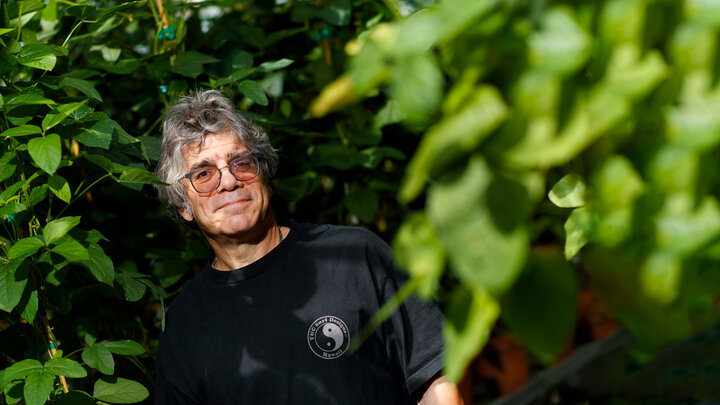Tom Elmo Clemente, University of Nebraska–Lincoln Department of Agronomy and Horticulture Eugene W. Price Distinguished Professor of Biotechnology, will retire June 30.
A distinguished figure in the realm of plant genetics and biotechnology Clemente has served as a principal investigator and director of the Nebraska’s Plant Transformation Core Research Facility, a state-of the-art facility that provides the expertise for researchers to evaluate genes in both model and crop plant species in a cost-effective fashion. The facility has in-house transformation systems for maize, sorghum, millet, wheat and soybean. In addition, the facility provides transformation services for the model plant species, Arabidopsis, tobacco and tomato.
Clemente’s research program has created and tested novel genetic strategies for crop plants that targeted protection of yield crop plants and enhancing nutritional value to the harvest.
Clemente was a key member of a team of Nebraska’s scientists who developed dicamba-tolerance technology, marketed as Xtend Crop System. It is a weed management tool utilized across 69% of soybean acres and 75% of cotton acres in the United States from 2018 through 2024, providing a solid royalty stream to the university.
Clemente was instrumental in establishing the university’s Agricultural Biotechnology pipeline which enables researchers to evaluate technologies in a strict identity preservation fashion emphasizing stewardship of the biologicals, from the laboratory-to field-to down-stream processing. A key feature of this pipeline was the establishment of the Plant Biotechnology Field Facility, that includes dedicated fields, storage and equipment for testing of regulated crop plants, that must meet USDA/APHIS Performance Standards.
One long-term program Clemente and his colleagues worked on targets the development of a soybean-based feedstock for aquaculture through a design-build-test approach to create a soybean that synthesizes oil that mirrors fish oil, to complement the seeds inherent quality protein. The goal being to displace marine ingredients in aquaculture feed formations, with sustainable terrestrial-based ingredients.
Training of young STEM learners and partnering with the Nebraska producers were two of the most rewarding aspects of his career.
“The knowledge gained from these interactions educated me on the economic sustainability challenges facing U.S. agriculture, which in turn, helped inform our research program on traits to target for the development of strategies to deploy to add genetic gains into the commodity crops pertinent to Nebraska,” Clemente said.
Clemente received a bachelor’s degree in biology with a minor in chemistry from Indiana University of Pennsylvania in 1985. He received a master’s degree in plant pathology from Oklahoma State University in 1989. He then earned a doctoral degree in plant pathology from North Carolina State University in 1993. Following his doctorate program, he did postdoctoral training at Monsanto Company, now Bayer, from 1993 to 1996 before joining the University of Nebraska–Lincoln family.




